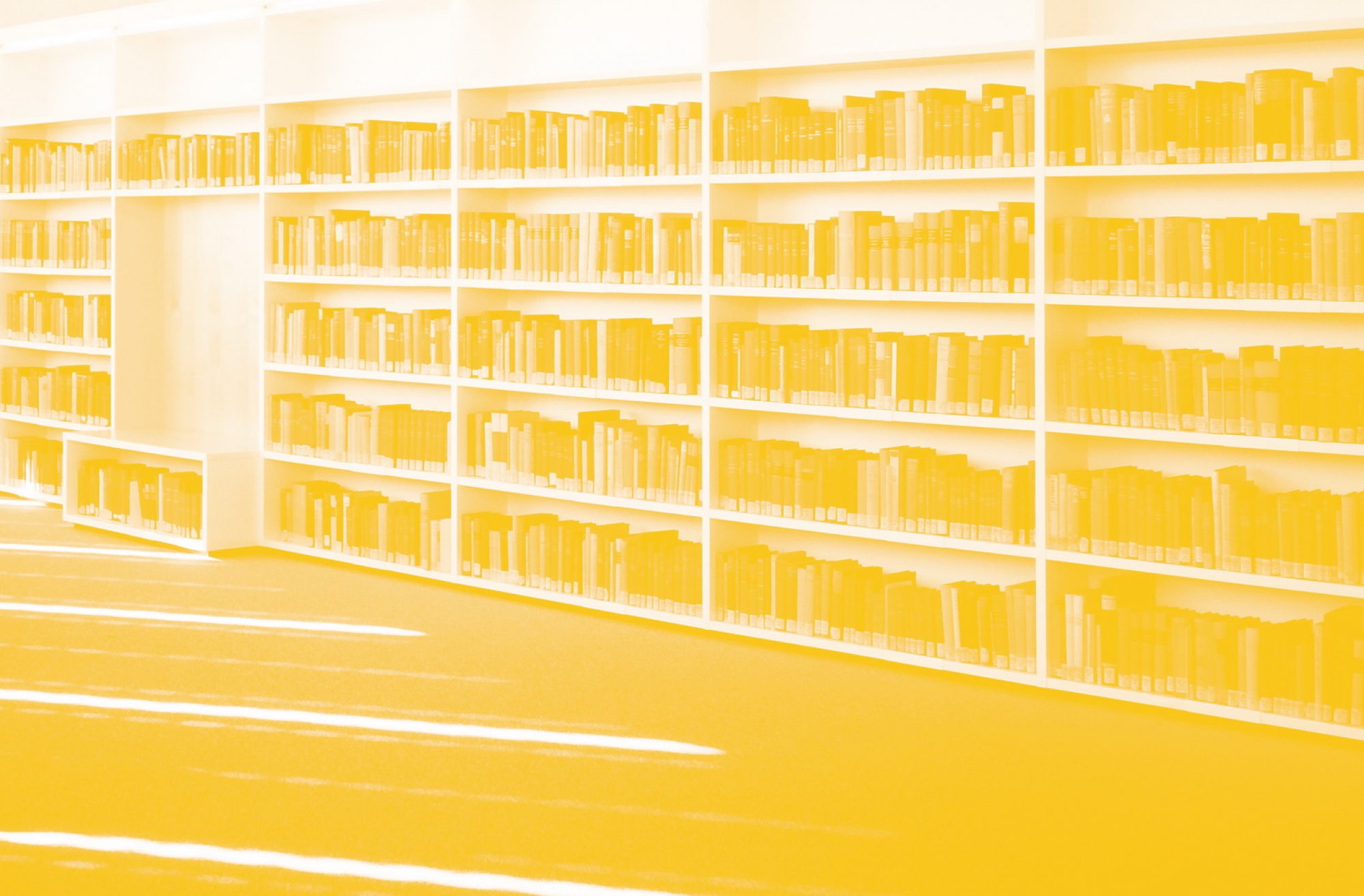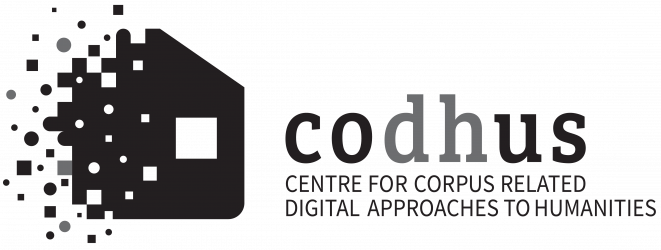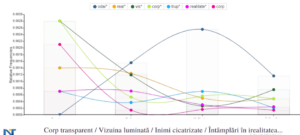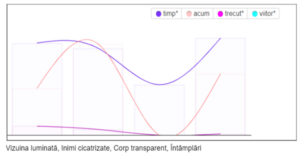BA Projects
- Elena Farcaș
Topic: Transgressive (Sur)Realities in M. Blecher’s prose BA Student: Elena Farcaș Thesis coordinator: Roxana Rogobete, Junior Lecturer, PhD. Start: October 2022 End: July-September 2023 Brief presentation of the thesis: The perspective on Max Blecher’s novels is, on the hand, under the sign of an ontological crisis, a crisis of reflexivity that breaks up the real and rebuilds it on the basis of solitude; on the other hand, the theme is reflected in the corporeality that gets lost in the chaos of spatial forms. The absurdity of existence, of reality, or the crisis of reflexivity, describe the acute perception of the present in Max Blecher’s works, therefore the notions of time – or temporality – are relevant for highlighting a series of lingustic features of these texts, as well as for analyzing a specific discursive pattern, in which, for example, form of the future cannot be encountered.
In reference to the corpus of the paper, namely the primary bibliograhy, the focus will be on the prose of the writer M. Blecher, concentrating on Adventures In Immediate Irreality, Scarred Hearts (with the variant Scar Tissue), and The Illuminated Burrow. I will also consider the connection of the prose with different aspects of the poems published in the volume Transparent Body (the author’s debut).
Therefore, in my reseach paper I will consider the study of some occurences (related to spatiality, temporality, or corporeality) – using specific methodologies from the corpus lingustics’ framework and employing digital tools that detect frequencies, N-grams, and collocations that can also contribute to a diachronic study.
Applied result of the thesis: Through my research work, I want to highlight, with the help of corpus linguistics tools, the pattern of a narrative strategy that creates an atmosphere of unreality/reverie, by tracing the frequency of collocations or aspects related to temporality/time, "reality", corporeality, spatiality, dream, in Blecher’s prose.
Starting from the observation that the acute perception of the Blecherian characters is told to us through the recurrent reference to the term "chamber" (odaie) (spatial imprisonment doubled by the plaster cut) and considering the fluid state of the world created by the writer, which follows the coordinates of the dream in a surrealist vision, the pursuit of the occurrences of the terms belonging to the mentioned lexical fields proves to be useful.
A functional analysis of their meaning can provide a holistic perspective on the whole surrealist features of the Blecherian work, in which terms related to unreality/reverie seem to be constant and emphasize the acuity of the gaze and the heightened sensitivity of a consciousness that, paradoxically, moves feverishly from hyperreality to dreams and (sur)realities.
Literary analysis through corpus linguistics can therefore play an important role in contextualizing the fictional, in "placing Blecher’s prose in a spatio-temporal framework", other than that of corporeality, which could thus argue eventual (re)shapings of his writings.
Visualization:




